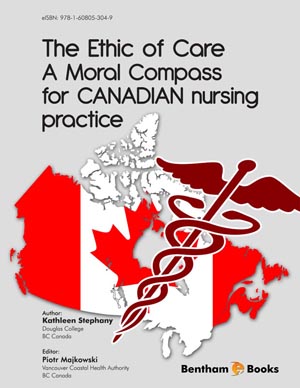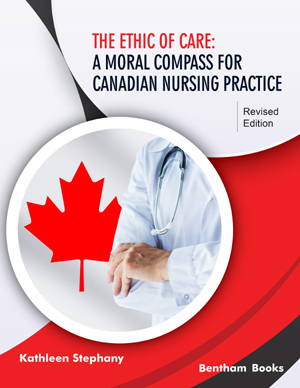Abstract
In this current discussion nurses are persuaded to take the lead toward preserving public health care for all people. This action is mandated by Part II of the Canadian Nurses Association (CNA) Code of Ethics for Registered Nurses. Canadians often site increased wait times for surgeries; not being able to have a family doctor; or long hours spent in the Emergency Room; as criticisms of our publicly funded health care. Many of these assessments are justified. However, even though our present system bears room for enhancement that does not mean that it is no longer working or that it should be abolished altogether. We need to be cognizant of the fact that everyone in this country can access basic health care without paying for it from their own pocket. In comparison to Canadians, millions of Americans don’t have any medical coverage, especially the poor, and so many more lose their coverage just because they get sick or go without medical care because of a preexisting medical ailment. But how do nurses begin to advocate for better access to health care services? They need to become involved. The following suggestions are recommended by the CNA: a greater emphasis on health prevention, health promotion and chronic disease prevention; earlier intervention in the treatment of chronic diseases; improving the social economic determinants of health; redirecting people who normally access Emergency Room (ER) services for non-urgent care, to out-patient clinics; and addressing the issue of bed blockers by better bed allocation planning.
Keywords: Maleficience, Canada Health Act, Ray Romanow, Sustainability, Private Healthcare







